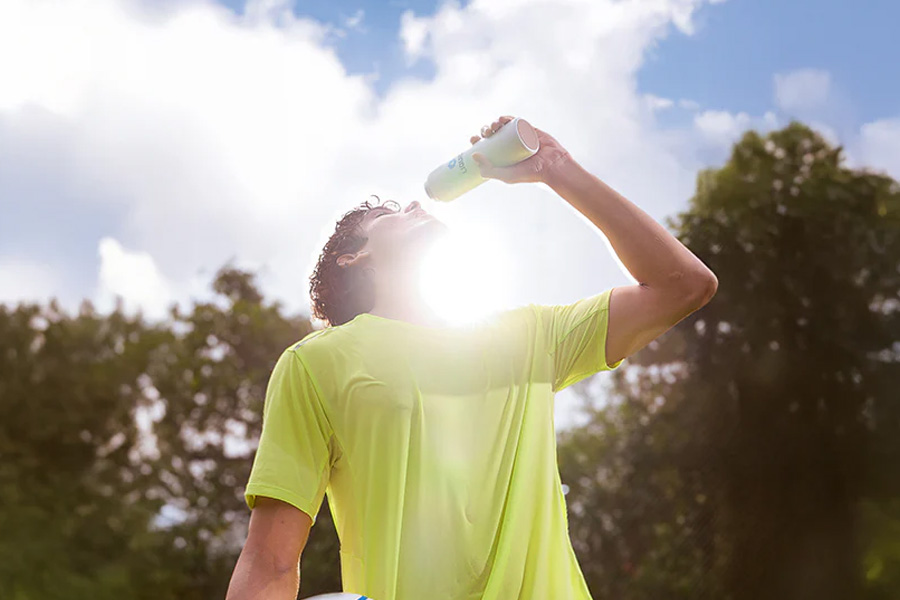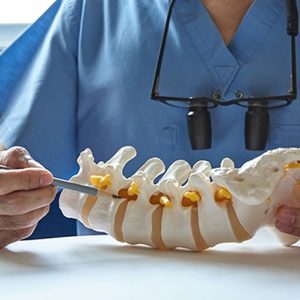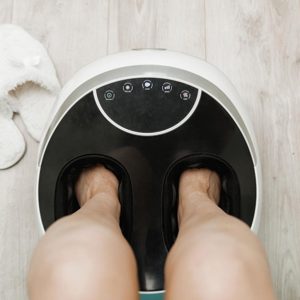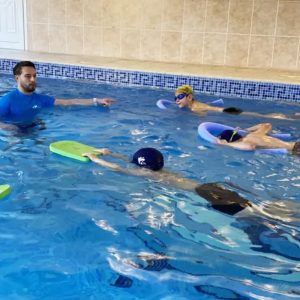Role Of Electrolytes In Energy Boosters: What Every Athlete Should Know

Image Source: liquid-iv.co.in
Every athlete must know the correct answer to ‘What is electrolyte?’ and why it is so important that you find it in nearly every sports drink or energy booster. Sodium, potassium, magnesium, etc., are some important examples of electrolytes that are very useful for your body’s hydration, nerve signalling, and muscle function (Sawka et al., 2007).
If you are an athlete and wish to understand “What is electrolyte” and the role of electrolytes in energy boosters, read on to know it all.
1. Electrolytes Help Power Energy Systems
Let’s get one thing clear: electrolytes themselves don’t provide energy in the form of calories. But they are key facilitators in the body’s energy production process.
During intense workouts, your body sometimes struggles and you suffer from early fatigue or cramping (Rodriguez et al., 2009).
2. Smarter Hydration, Better Performance
You know that you lose both water and electrolytes when you sweat. So, if you drink just water alone, it can lead to low blood sodium, which can affect body function (Shirreffs et al., 2007). Consuming a combination of sodium and glucose can improve hydration in a much better way than water alone. These electrolytes enhance water absorption in the intestines (Maughan & Shirreffs, 2010).
So, if you wish for decent hydration, try to consume drinks with adequate amounts of electrolytes during and after intense sessions (Sawka et al., 2007).
3. Supports Muscle Control and Nerve Signals
Your nerves and muscles have to work in sync to lift, sprint, or stretch properly—electrolytes like sodium and potassium help to transmit electrical impulses between nerves and muscles. Also, calcium and magnesium regulate muscle contraction and relaxation (Casa et al., 2000).
Even a mild electrolyte imbalance can cause —
- Cramps
- Delayed reactions
- Muscle weakness
4. Helps Prevent Cramping and Exhaustion
During hot weather and intense activities, you can suffer from muscle cramping. Electrolyte loss (sodium and magnesium) can cause cramping in long-duration exercises (Bergeron et al., 2003).
5. Aids Post-Workout Recovery
Recovery is when your muscles rebuild, and your body rebalances. While electrolytes don’t “heal” your muscles, they do help restore fluid levels and regulate temperature after a sweaty session. You have to drink an electrolyte solution that replenishes fluid lost through sweat for proper rehydration.
Some hydration formulas have glucose that supports glycogen restoration. This becomes highly helpful for multi-session or high-frequency training (Maughan & Shirreffs, 2010).
Curious About Electrolytes? Let’s Break It Down
Got questions swirling in your head faster than you sprint to the finish line? Let’s tackle the most common electrolyte curiosities—minus the science jargon (well, mostly).
- If electrolytes don’t give calories, how do they boost energy?
Electrolytes do not boost energy directly. But they support the systems that do so. They support ATP production and oxygen delivery (Volpe, 2007; Rodriguez et al., 2009).
- Can I overdose on electrolytes?
Too much of certain electrolytes (like sodium or potassium) can cause imbalance in the body. So, follow the recommended dose (as suggested by the brand).
- When should I take electrolytes?
Take electrolytes before, during, or after workouts, especially in heat or humidity (Casa et al., 2000).
Conclusion
So now, you know it all—
- What is electrolyte
- How it works in your body
- Why is it on sports drink labels
These are charged minerals that have a big effect on your body. So, when you choose an energy booster, check the electrolyte profile too.






